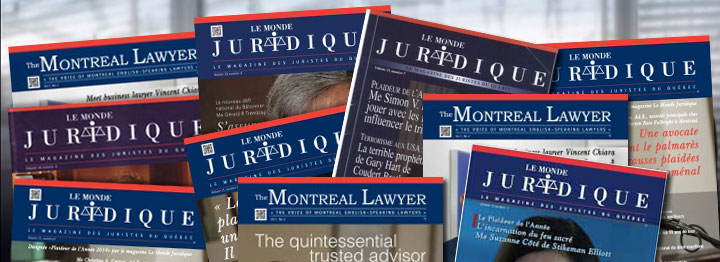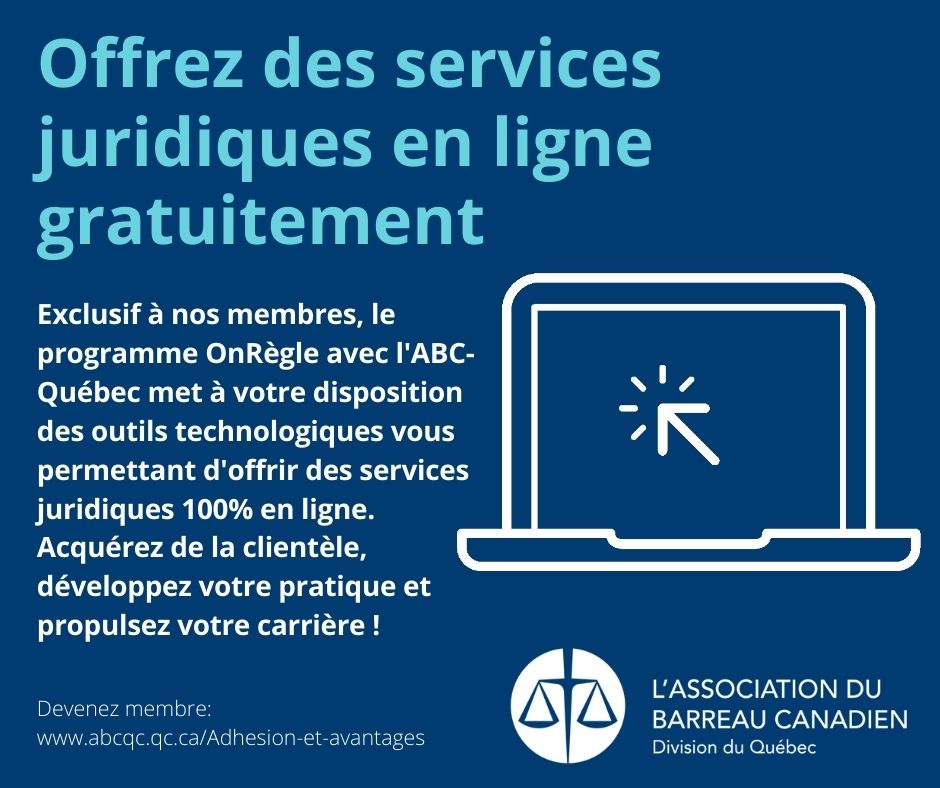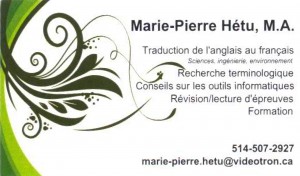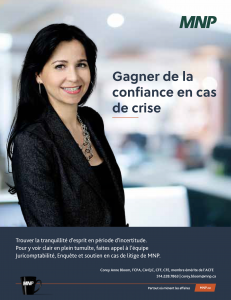EXCLUSIF Lettre de démission du professeur William A. Schabas de la Commission d’enquête sur le conflit à Gaza» «Lettre de démission de William A Schabas Copyright LMJ

Your excellency, On 13 January 2015, the Jerusalem Post reported that attempts to discredit the Chair will be part of Israel’s campaign against the Commission of Inquiry on the Gaza Conflict. Two weeks later Israel made a formal complaint to the President of the Human Rights Council calling for my removal. On 2 February 2015, the Bureau of the Human Rights Council, which operates as its executive or standing committee between regular sessions, decided to examine the complaint and to request a legal opinion from United Nations Headquarters in New York.
The complaint concerns the fact that in October 2012, I prepared a legal opinion for the ‘Negotiations Affairs Department/Palestinian Negotiations Support Project’ of the Palestine Liberation Organisation. The legal opinion was to consider the consequences of a UN General Assembly resolution upgrading Palestine’s status to that of a non-member state on the declaration that was lodged by Palestine with the International Criminal Court in January 2009. It also addressed whether accession should include acceptance of the amendments to the Statute adopted at Kampala and how the territorial jurisdiction of the Court might be applied. These are matters on which, as one of the academic specialists on the subject of the Rome Statute, I have frequently expressed myself in lectures and in publications. A 7-page opinion was provided on 28 October 2012 and I received remuneration of $1,300, as previously agreed. I have done no other consultation and provided no other opinions for the State of Palestine, the Palestinian Liberation Organisation or any other related body.
The complaint about my brief consultancy, as I understand it, is not about the content, which is of a technical legal nature, but the implication that in some way I am henceforth beholden to the Palestine Liberation Organisation. Perhaps there is also the suggestion that I might tailor my opinions in one direction in order to generate more such consulting for remuneration. If I were indeed motivated by financial gain, it would be hard to explain why I would have accepted the position as Chair of the Commission of Inquiry, to which I have gladly devoted several months of work and for which there is no remuneration whatsoever.
Over the past decades I have done a huge amount of professional consulting for governments as well as for individuals and organisations. I have also published an enormous body of scholarly work, including many books, journal articles and book chapters. The legal opinion for the Palestine Liberation Organisation was a tiny part of this body of material.
When I was appointed to be Chair of the Commission of Inquiry in August 2014, I made an undertaking to act with independence and impartiality. I have fully respected that undertaking.
As a scholar engaged in international human rights, I have regularly condemned perpetrators of violations. Over the years, I have frequently criticized many of the world’s leaders, including those of permanent members of the Security Council. In addition to academic writing and lecturing, I have signed petitions and statements and contributed in other ways to advancing the advocacy of human rights.
In early August 2014, when I was asked if I would accept a nomination to the Commission of Inquiry, I was not requested to provide any details on any of my past statements and other activities concerning Palestine and Israel. Of course, my views on Israel and Palestine as well as on many other issues were well known and very public. My curriculum vitae was readily available indicating public lectures and writings on the subject. My opinions were frequently aired on my blog. This work in defence of human rights appears to have made me a huge target for malicious attacks which, if Israel’s complaint is to be taken at face value, will only intensify in the weeks to come.
The Commission of Inquiry is at a decisive stage in its work. It has largely completed the task of gathering material and listening to victims and other witnesses, including experts. The work on the drafting of the report is beginning. I believe that it is difficult for the work to continue while a procedure is underway to consider whether the Chair of the Commission should be removed. Normally, a judicial or quasi-judicial body would resolve such a challenge before proceeding further. Yet the Commission cannot delay its work as it must produce its report in a matter of weeks. Under the circumstances, and with great regret, I believe the important work of the Commission is best served if I resign with immediate effect.
Yours sincerely,
William Schabas OC MRIA














